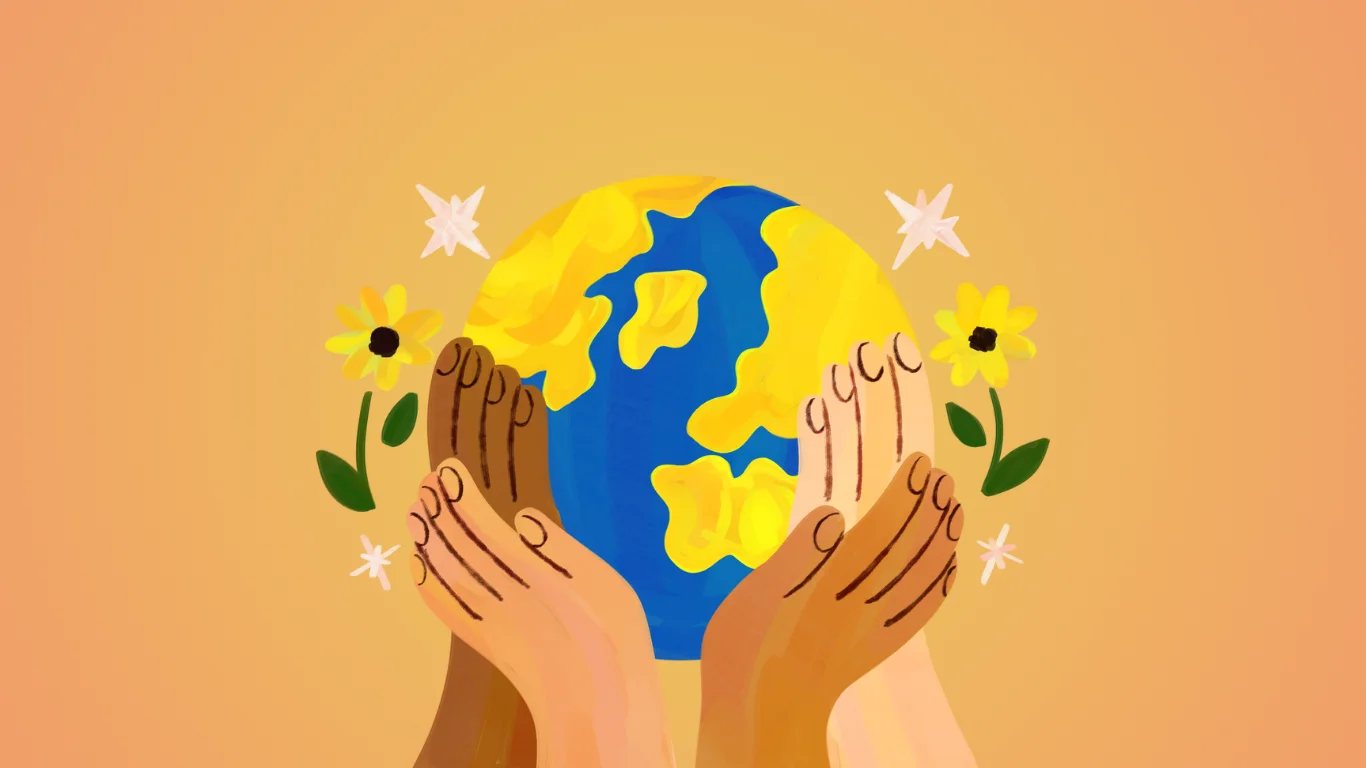Asalaamalaiqum Warahmatullahi Wabarakatuhu sisters,
I sat and wondered about what my first blog could capture and I thought, why not use the space to reflect and share valuable information to both past or present patients as well as those who are simply passing through.
As I fill this series of blog posts with reflections and insights from a faith-based therapist, I thought I’d start with a question I had as I sat outside my therapist’s office a long time ago – ‘What the hell will I talk about?’. This thought was then followed with the harrowing feeling that I was going to have to commit to this journey for the next three years!
Parked in my car waiting for my appointment, I had no idea that this first step I was forced to take as part of my Doctorate would be filled with giggles, pain, tears, contentment, and extremely wholesome moments that I would cherish forever. I know this description of my experience isn’t the most enticing and encouraging melody of words to encourage others to embark on this journey, but the truth is that you will experience it very differently, as the beauty of therapy is that it is personalised to you.
In case you are left wondering, these fears and worries left very quickly as I sat down on that couch. I could not stop talking, sharing, feeling and reflecting.
So, why is therapy something we should all consider?
There is a misconception, especially in the Muslim community, that therapy is for those struggling with severe mental health problems. It’s time to debunk some of these narratives and explore reasons why therapy can benefit anyone.
Imagine this: you are in a room. Just you, your thoughts, and no distractions. You are given time to explore anything you like; a random passing thought; your personality; a dream you can’t shake; a challenging relationship; an anxious feeling or existential pondering. You are given the space in front of a trained therapist who wants to understand you, help you build your awareness about yourself and your relationship with others and the world.
Many assume that therapy is just talking, which can be done anywhere by anyone. But is it? One of the gifts of therapy is that you are telling your life story and narrative to a stranger, which at a glance may not seem like much. However, if I could capture my client’s reactions to seeing things differently simply because they have shared it with somebody outside of their usual circles, it would help make this point: the insight that can come from a new perspective alone is immeasurable.
Now that you have shared some difficulties or curiosities about yourself and others (this is the part I love), we will help you unpack these elements of your psyche to better understand yourself. It is important to note that therapists will do this very differently depending on their counselling approach (I will do a separate blog on this Insha’Allah).
Ultimately, life is tough, and therapists understand that and are trained to help you in many ways.
Therapy helps us:
- understand ourselves
- get to the core root of the pain
- acknowledge our defences
- understand our attachment to others/the world
- give us new insight into our lives
- change perspective
- deal with future hurdles
- increase the ability to form healthy relationships
- unpack unresolved trauma or repressed emotions, unchaining us from our past and giving us emotional warmth knowing we aren’t alone through the journey
What is the gift of Islamic counselling?
Now imagine that therapy can also aid you with greater awareness and deeper understanding of yourself and your relationships, as well as provide you a space to do this whilst acknowledging your faith, spirituality, and culture. As this is a safe, non-judgemental space, you can share aspects of your imaan and faith practice that you struggle with or need to reflect on. Having Islamic-based counselling means the therapist’s interpretations and responses will also be given through an Islamic lens and a further understanding of one’s culture.
May Allah ﷻ bring barakah and blessings into all our reflective journeys, Ameen.

